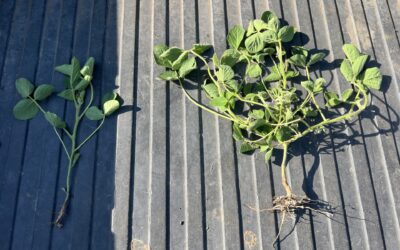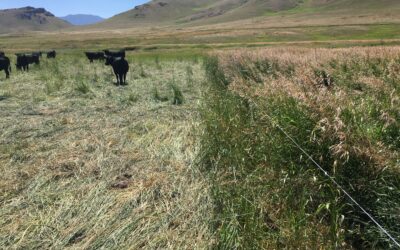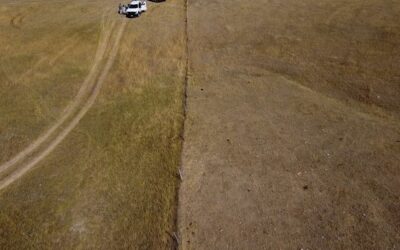Speakers
2024 Soil Health Conference Speakers
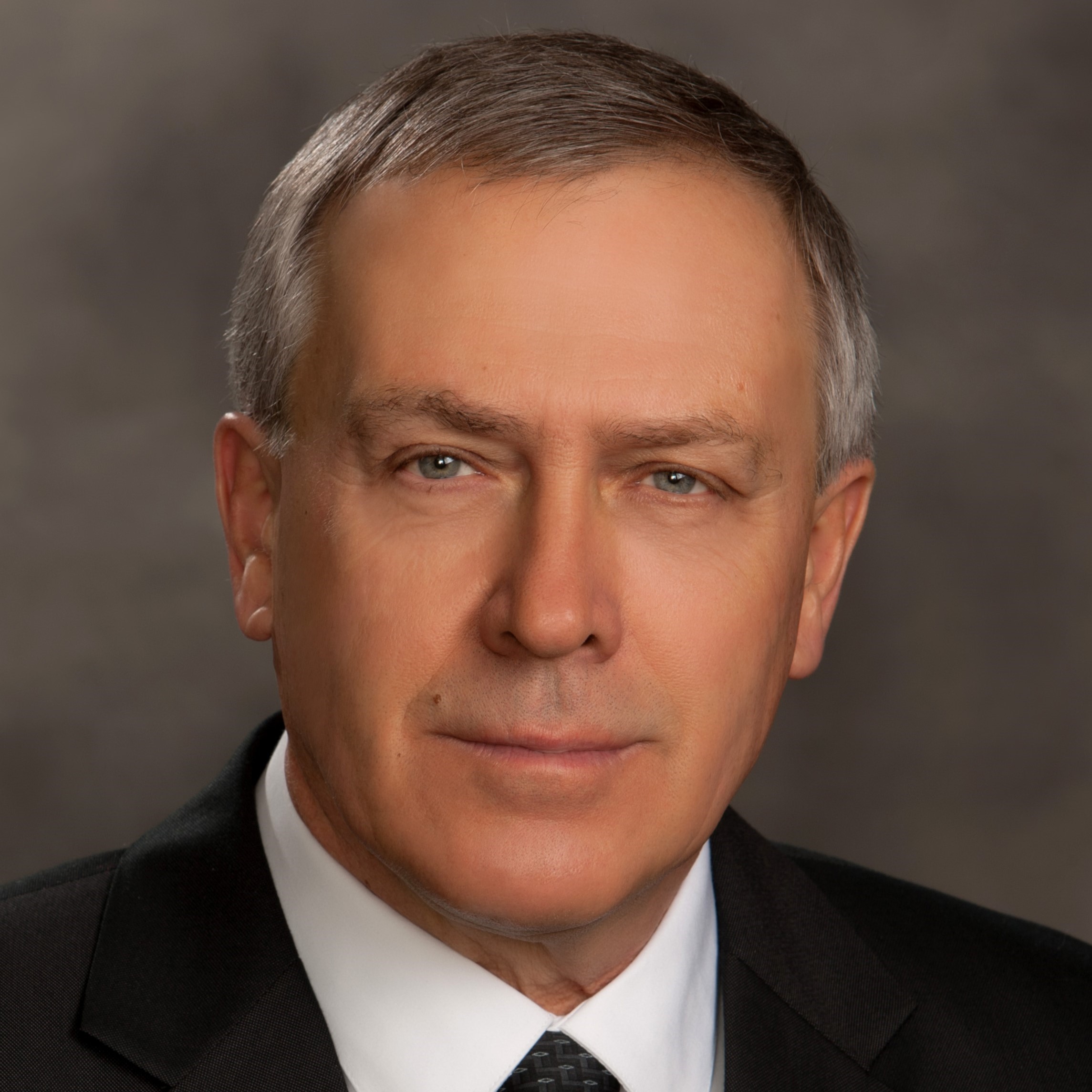
Jay Fuhrer
Menoken Farm
Jay Fuhrer is the lead educator at Menoken Farm near Bismarck, N.D. He has boots on the ground the last 38 years working with cropping systems, grazing systems, cover crops and gardens. Jay also has an extensive background working with groups and entities such as soil and water conservation districts; national and international no-till organizations; watersheds; farm organizations; urban groups; and more. Recently, Jay spends his time at the Menoken Farm minimizing soil disturbance, adding soil armor, maximizing plant diversity, maintaining living roots in the soil and integrating livestock.
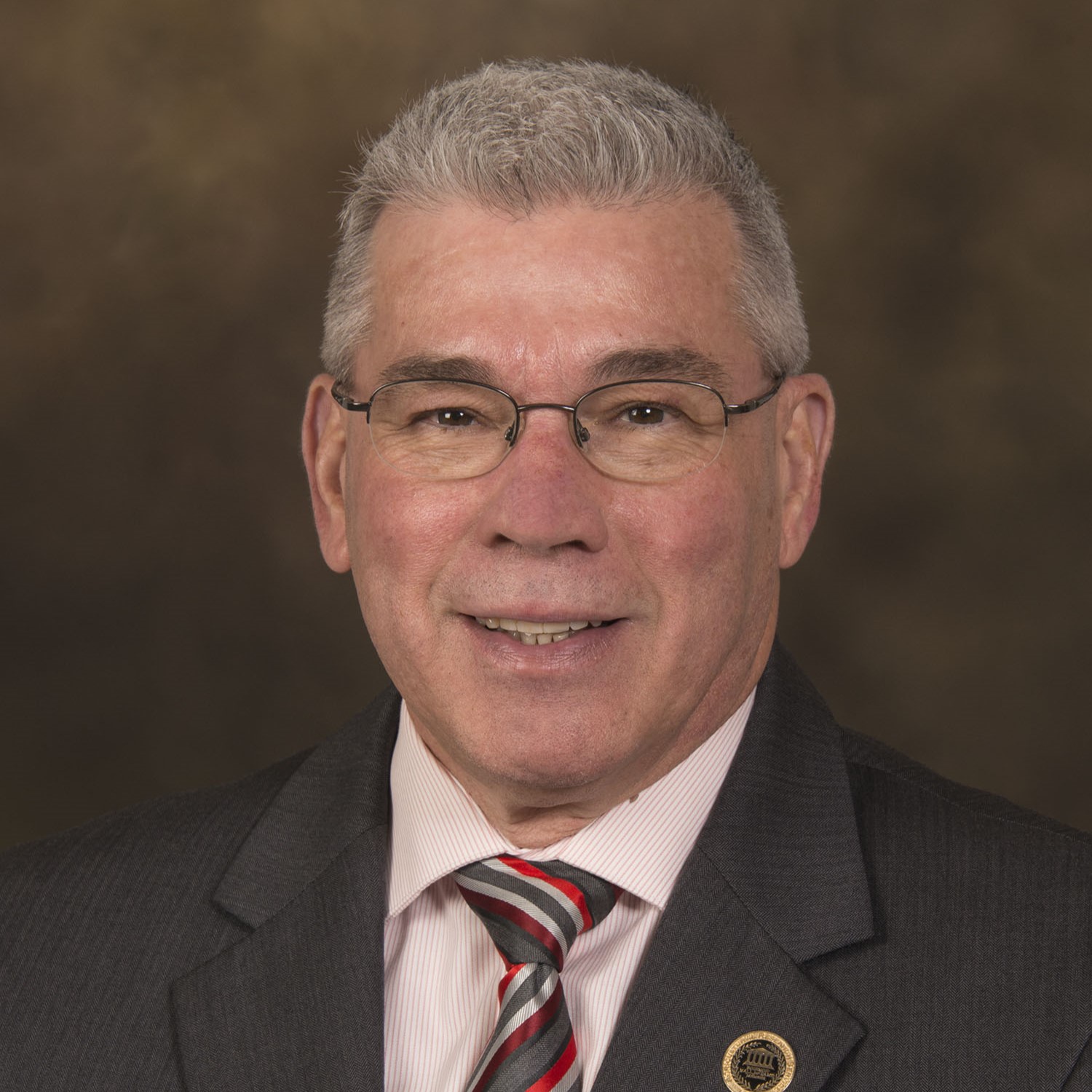
Dr. Jerry Hatfield
Jerry L. Hatfield is the retired Director of the USDA-ARS National Laboratory for Agriculture and the Environment in Ames, Iowa. He worked in California at the University of California-Davis from 1975-1983 as a biometeorologist working a range of different crops, joined USDA-ARS in 1983 at the Plant Stress and Water Conservation Unit in Lubbock, TX until his transfer to Ames in 1989 to develop the research program of the National Soil Tilth Laboratory (renamed the National Laboratory for Agriculture and the Environment in 2009). His research focused on the interactions among the components of the soil-plant-atmosphere continuum and their linkage to air, water, and soil quality. His focus has been on the evaluation of farming systems and their response to water and nitrogen interactions across soils and remote sensing methods to quantify field variation. A platform for his research utilizes the genetics x environment x management concept as a framework to work with producers to demonstrate how they can increase their production efficiency, increase soil health, and develop resilience to weather and climate variation as the foundation for food security. His current activities focus on helping producers understand the dynamics of soil health and how it impacts production, profit, sustainability, and environmental quality. His outreach efforts have included participation in the National Climate Assessment as the Lead Author for agriculture for the US and on the IPCC effort on greenhouse gases and climate change. Dr. Hatfield is an accomplished author with 511 refereed publications and 18 monographs and serves as the Editor for Agroecosystems, Geosciences and Environment and ranks in the top 2% of researchers in the world. He edited several volumes including Crop Adaptation to Climate Change and Food Security and Climate Change and is currently the lead editor on a virtual issue for the Science Societies (Agronomy, Crops, and Soils) on Climate Change Impacts on Agriculture: Adaptation and Mitigation. His numerous awards include being inducted into the USDA-ARS Hall of Fame for his research impact on environmental quality and farming systems, the Hugh Hammond Bennett award, and the Soil Science Society of America Distinguished Service Award in 2022 along with being a Fellow in the American Society of Agronomy, Crop Science Society of America, and Soil Science Society of America and serving as President of the American Society of Agronomy in 2007 and currently serves on the Board of Directors for the Soil and Water Conservation Society. He received his PhD from Iowa State University in 1975 in the area of agricultural climatology, MS in agronomy from the University of Kentucky in 1972, and a BS in agronomy from Kansas State University in 1971.
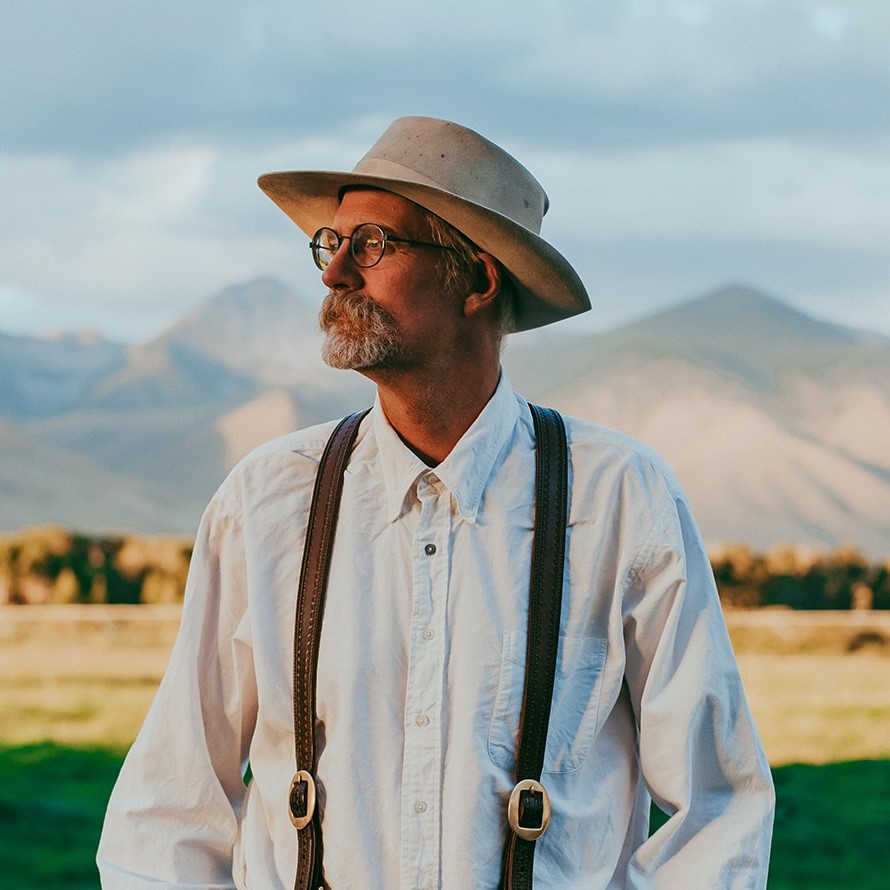
Glenn Elzinga
Glenn Elzinga, with his wife and business partner Caryl started Alderspring Ranch near Salmon, Idaho, in 1992, with the purchase of 147 acres and 7 cows. They began direct marketing grass fed and finished beef in 1993 with 2 head. From these beginnings Alderspring Ranch has grown to a 7-figure direct marketing enterprise and a 2500 acre ranch with a 46,000 acre wild rangeland permit. The entire operation is certified organic, including the 46,000 acres of permit land.
Glenn and Caryl run the ranch with their 7 daughters and a few exceptional employees. The ranch markets 100% of its production, 300-400 head a year, through an internet storefront at Alderspring.com.
After investing in a living soil over 15 years, the ranch is now profitable and expanding, with another run-down 500 acres of former potato farm added in 2022. The family hopes to regenerate that land utilizing cover crops and planned grazing into a profitable enterprise as well.
After working for several years on restoring fertility and biodiversity on the irrigated valley home ranch, the Elzingas turned to the native rangeland used for summer grazing. Seventy percent of the green forage their finish cattle consume is on these wild landscapes. By connecting technology with ancient tools of horsemanship and stockmanship, the Elzingas are working to reduce or eliminate conflicts on public rangelands between livestock and wolves while restoring native fish and wildlife habitats.
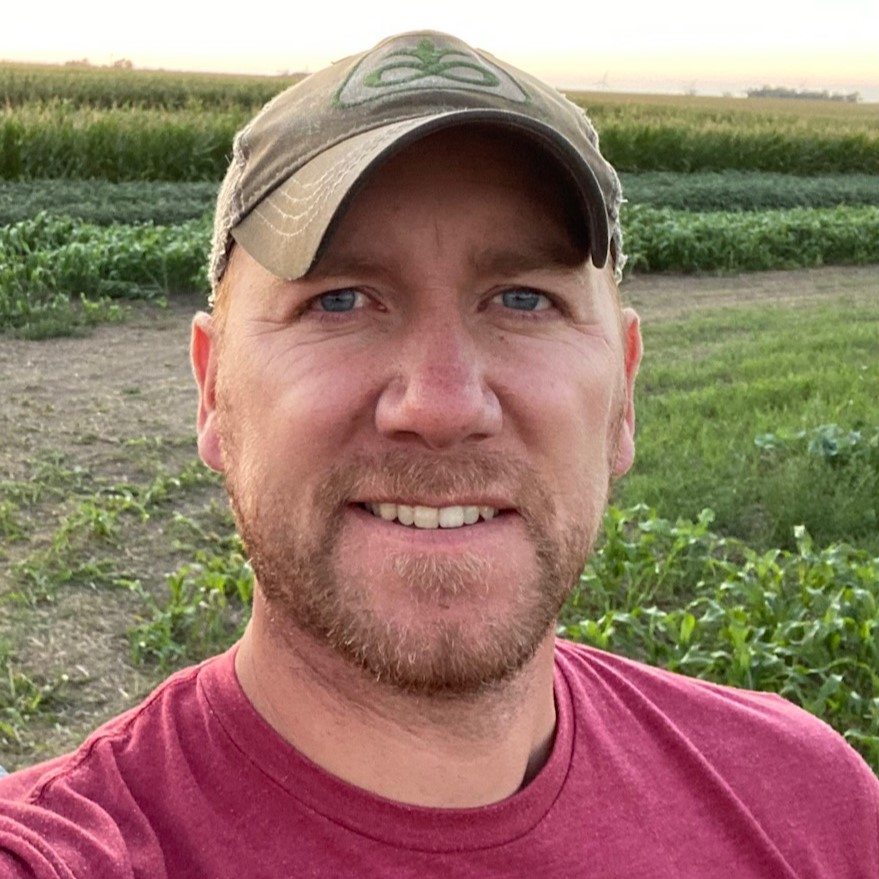
Zack Smith
Stock Cropper, Inc
Zack Smith is a farmer and entrepreneurial inventor from northern Iowa. He is co-founder of Stock Cropper, Inc – The Autonomous Livestock Grazing Company — a company focused on building autonomous grazing barn systems to integrate multiple species of livestock intelligently back on to various landscapes. A 2002 graduate of Iowa State University with an Agronomy degree, Zack spent the first 20 years of his career as an agronomist and farmer in the commodity production agriculture space. At age 42, he chose to set that path aside to focus on Stock Cropper and developing non-regressive paths for future of agriculture that create opportunities for more participants in the food system rather than fewer.
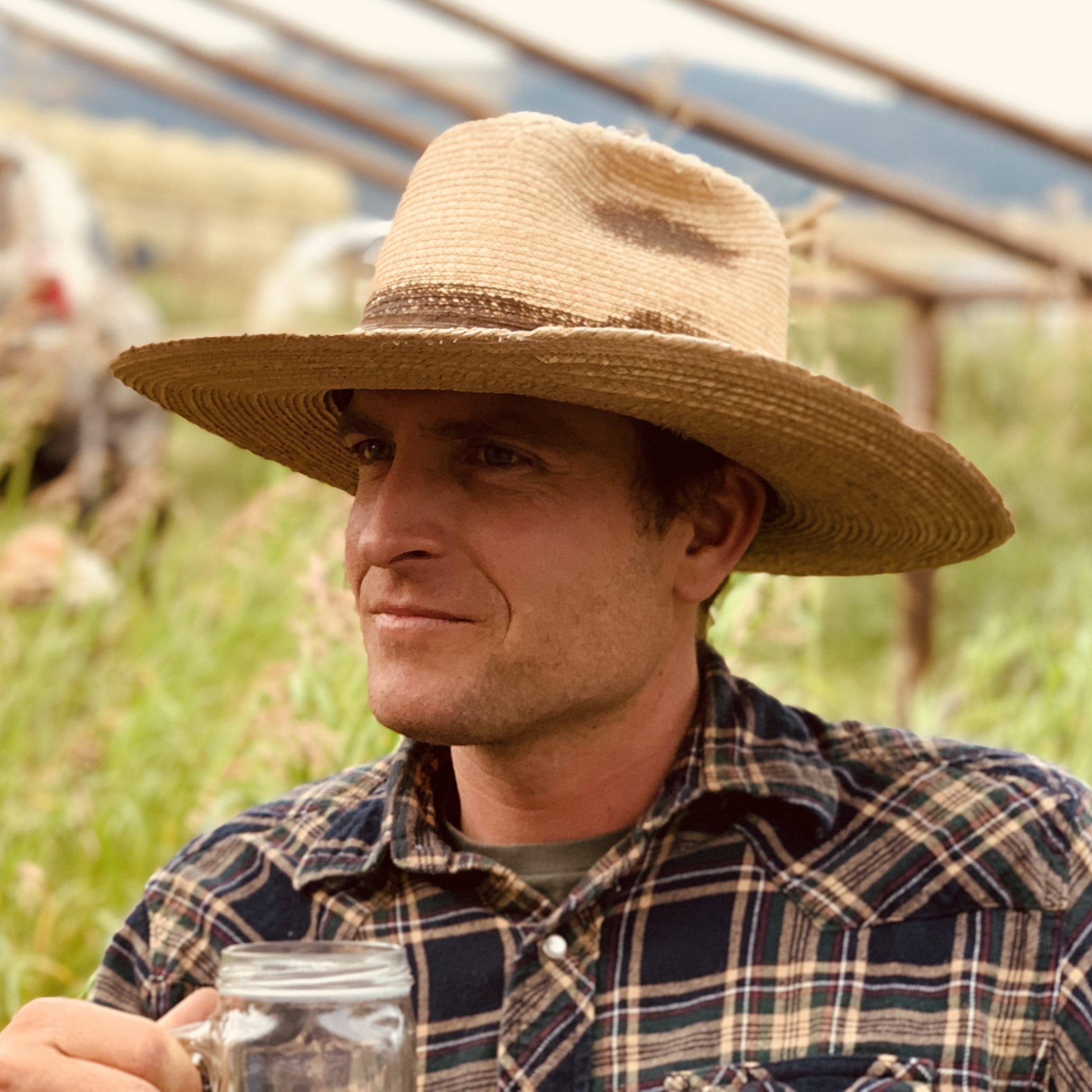
Cooper Hibbard
Cooper Hibbard grew up near Helena, MT. He studied agricultural business, rangeland resources, and Spanish at Cal Poly – San Luis Obispo, and after graduating he spent 4 years traveling the world working on ranches. He’s now the manager at Sieben Live Stock Co., where he is the 5th generation to manage the family ranch outside Cascade, MT. Aside from ranching, his other passions are good books, good music, and traveling with his wife, Ashley, and their daughter, Posey.
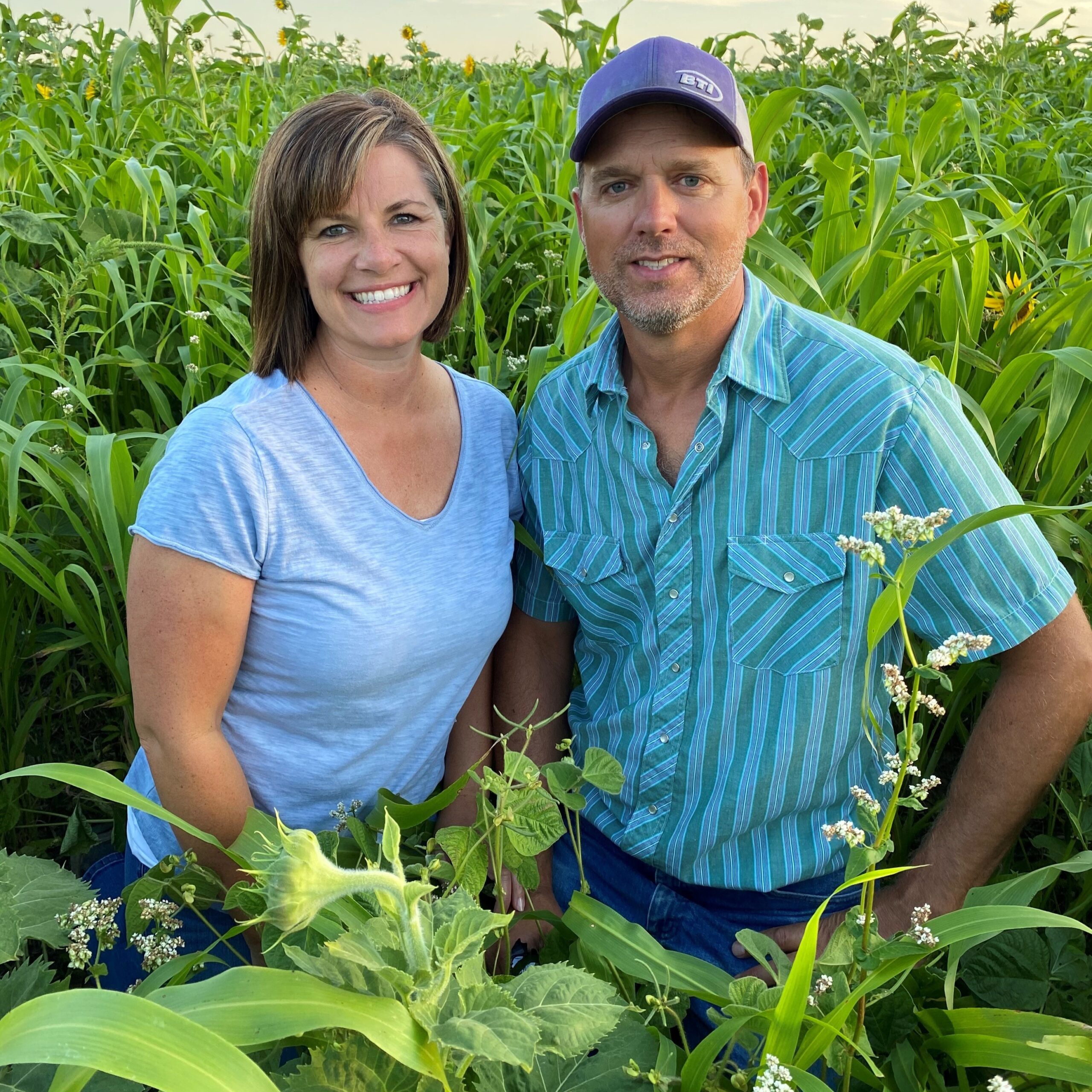
Kevin Wiltse
Wiltse Family Farms
Kevin Wiltse and wife Mandy farm and ranch southeast of Timken, Kansas. They began no-tilling in 1997 and started cover cropping in 2006. Since 2014, they have been implementing perennial mixes into their system. Today, they are continually learning about and observing the land around them. They strive to allow the ecosystem to function to its intended capabilities. Nature designed the soil, plants, and animals to all work together. This is the guide they are implementing across their farm and ranch to regenerate the landscape and provide harvests for their family.
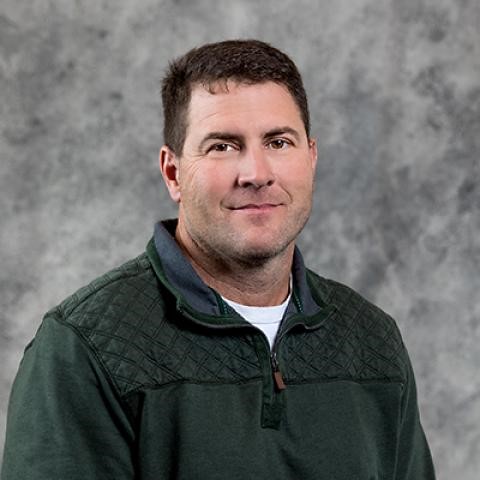
Pete Bauman
Pete Bauman is an SDSU Extension Natural Resources Field Specialist, focusing mainly on native habitat management including grazing, grazing infrastructure design, prescribed fire training and implementation, invasive species, wildlife habitat, and grassland restoration. He serves as a liaison to the SD Grassland Coalition, as well as on the boards of The Grassfed Exchange, The Great Plains Fire Science Exchange, and is a member of a multi-state Extension team focused on educating the public on woody species encroachment in grasslands. He received BS and MS degrees from SDSU in Wildlife and Fisheries Sciences and is active in the SD Wildlife Society and the SD Society for Range Management. Pete lives near Watertown with his wife Bridget and 4 children.
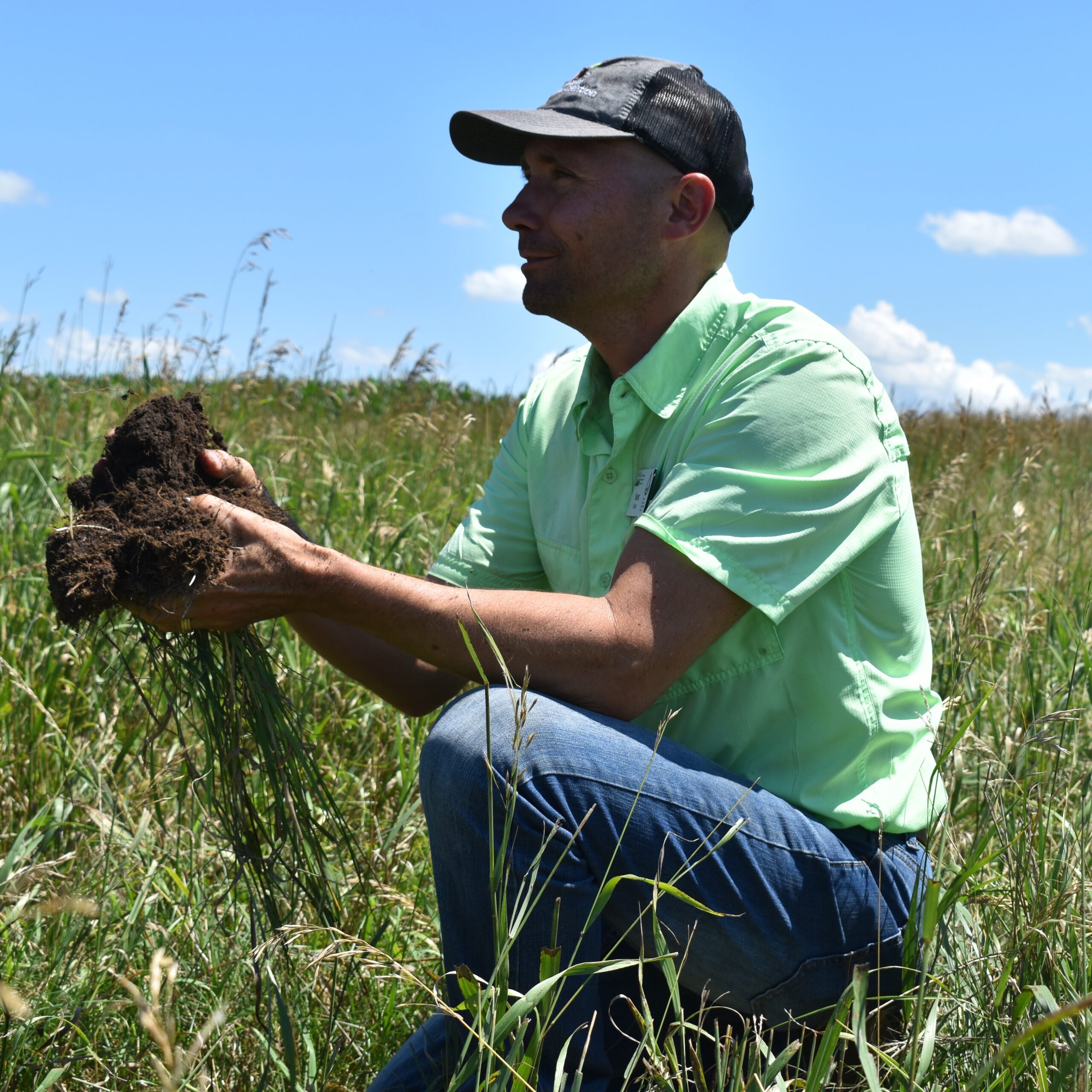
Kent Vlieger
As the South Dakota NRCS state soil health specialist, Kent Vlieger works to help producers and landowners across the state improve the health of their soil and the resiliency of their operations. Kent also helped organize a no-till community garden in Huron that incorporates cover crops.
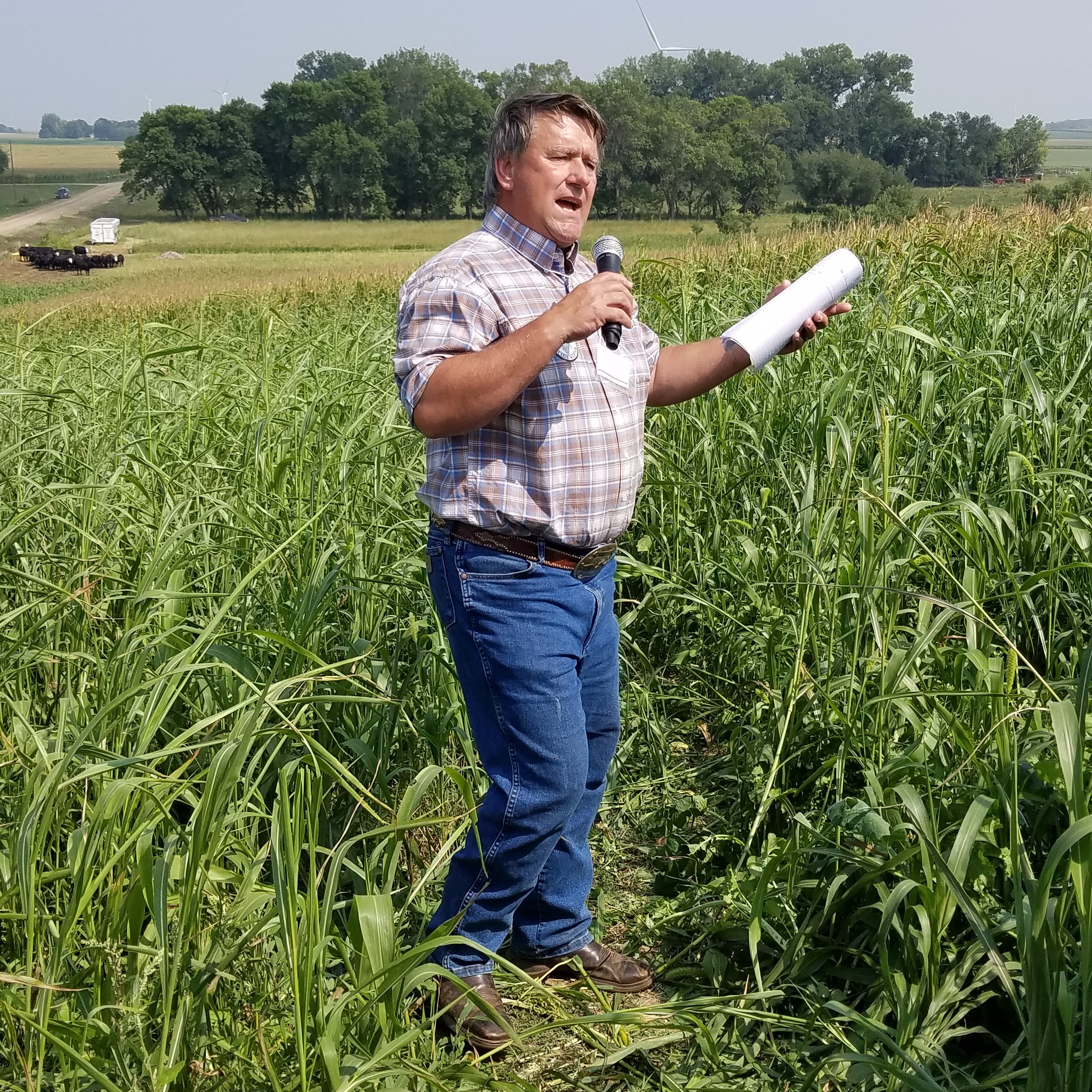
Dr. Kevin Sedivec
Kevin Sedivec is a rangeland management specialist for NDSU Extension, a professor of range science for NDSU, and interim director of the NDSU Central Grasslands Research Extension Center. He provides statewide leadership in range and natural resource management programs; develops and disseminates educational material and programs for county agents and citizens of North Dakota, provides workshops and training sessions in the field of range management and development of a 12-month forage management system; and provides leadership for educating our youth (4-H, FFA, and others) on the importance and uses of the range resource, conducting camps and statewide range judging activities.
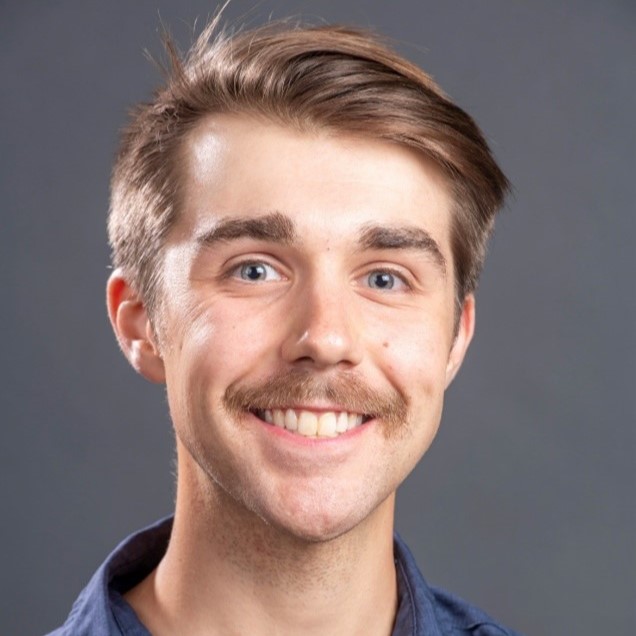
Eli Halverson
Eli Halverson is a graduate research assistant in the Department of Agronomy, Horticulture, and Plant Science at South Dakota State University. Eli has been with SDSU since May 2022, he is working under Dr. Kristopher Osterloh studying soil loss and soil carbon in Eastern South Dakota Agricultural lands. On top of his research, he is a contributor to the South Dakota Agricultural Heritage Museum soil health exhibit (open fall 2024) and assistant coach to the SDSU Soil Judging Team. He is originally from southern Wisconsin and earned a B.S. in natural resource management with an emphasis in soil science from the University of Wisconsin-Stevens Point.
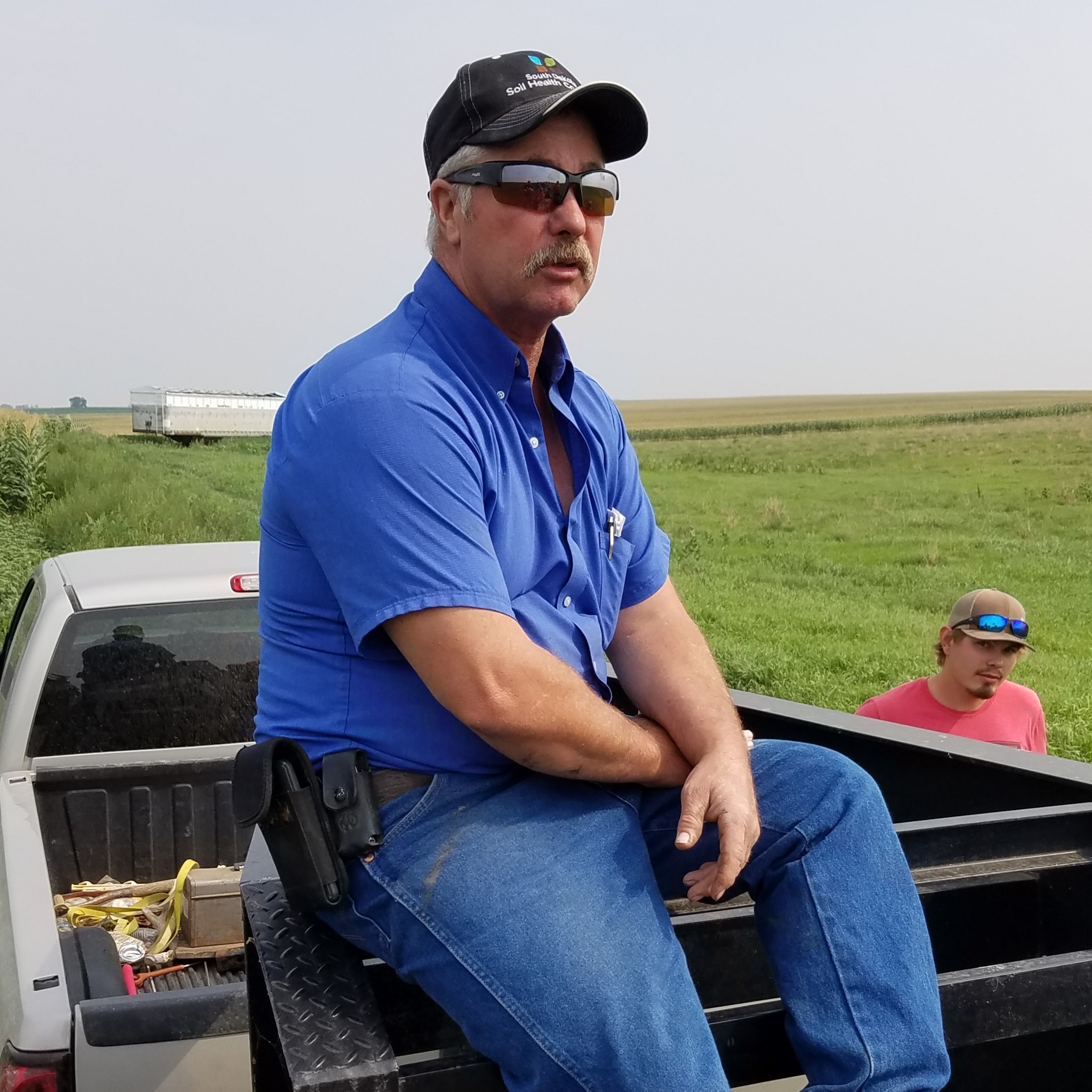
Doug Sieck
Doug Sieck, past chairman and current SD Soil Health Coalition Board member, is the owner and operator of Deep Root Ranch in North Central South Dakota. He has been a member of the South Dakota Soil Health Coalition since its inception in the summer of 2015. Sieck holds a Bachelor of Science in Ag Business from South Dakota State University and also serves on the board of the South Dakota Grasslands Coalition. He was awarded the “Excellence in Range Management” Award in South Dakota at the annual meeting of the South Dakota Section in 2015.
Sieck utilizes a wide variety of soil health practices throughout his farming and ranching operations, some of which include: intensively managed rotational grazing, grazing of full and partial season cover crops, no-till, livestock integration, as well as diversity in crop rotation through the use of cover crops and deep-rooted perennials.
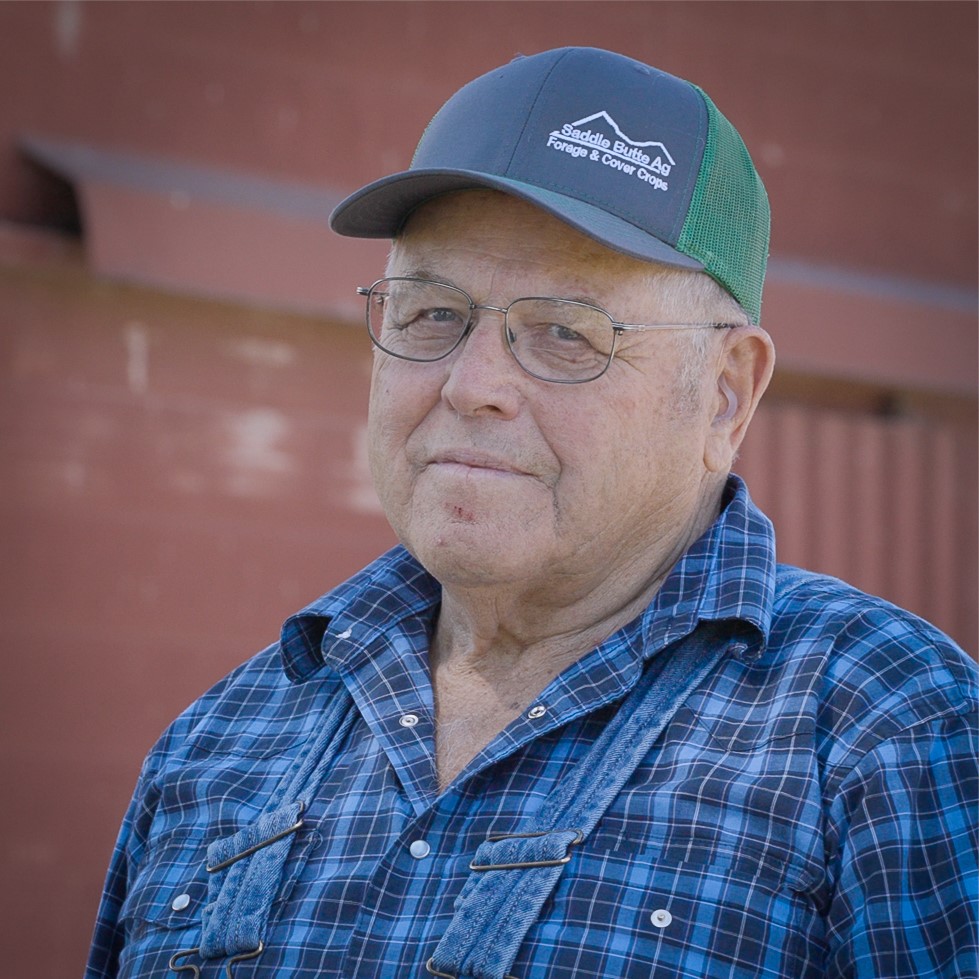
Donald Wirth
Donald Wirth co-founded Saddle Butte Ag in Tangent, Oregon. Now retired, he previously served as the company’s chief executive officer and researcher, managing his company from 1995 until his retirement in 2019. Recognized as a family-owned and operated forage and cover crop seed distribution company with substantial experience in production, processing, packaging, and shipping, Saddle Butte markets a large selection of proprietary and standard forage and cover crop products to retail markets and national and international wholesale customers.
Managing a team of eight employees during his tenure, four of whom were in the Midwest promoting and supporting cover crop seeds, Mr. Wirth was also heavily involved in research as an expert in agriculture production. Among his many accomplishments, he recruited a salesperson in the Midwest, which was necessary for the company’s success and resulted in hiring several additional salespeople to support the region. These individuals are responsible for selling to producers and employees of Saddle Butte, who also own small farms and have tried and endorsed the products, adding to their credibility.
Mr. Wirth has supported numerous local causes, including the Oregon Women for Agriculture, to help host a booster club auction at the local high school. He also continues to serve as the treasurer for a high school scholarship fund that he founded in 1989 after losing his son.
Mr. Wirth graduated from Oregon State University in 1968 with a Bachelor of Science in agriculture. Active in his professional community, he served on the board of directors for the Oregon Ryegrass Commission for over 20 years, promoting ryegrass marketing and research. He also served on the Northwest Farm Credit and AgWest Farm Credit board of directors. Moreover, Mr. Wirth has also been a member of his local Rotary International for over 35 years.
In light of his accomplishments, Mr. Wirth received a Farm Family of the Year Award from the Lynn County Farm Bureau and Oregon Farm Bureau in 1989. He also received a Pioneer Award from Oregon State University in 2022 and a Distinguished Service Recognition from the Agricultural Communicators Network in 2023. Mr. Wirth attributes his success to his parents, particularly his mother, who instilled in him the importance of actively asking questions and seeking solutions.
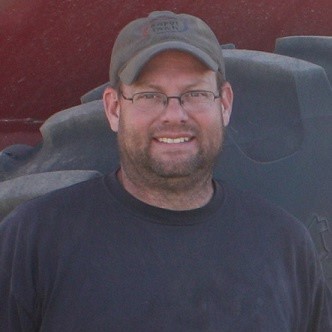
Brice Custer
Brice Custer is the owner and operator of Custer Farms LLC in Hays, Kansas. He operates a no till farming operation that includes growing corn, wheat, milo, oats, and barley. In 2008 he started planting cover crops into the summer follow period of the crop rotation. A few years later he started to realize benefits like weed suppression and soil health improvement that the cover crops were providing. With the growing interest in cover crops the farm started growing crops like triticale, millet, winter peas, and beans. It was not long before a cover crop seed sales operation took off. Now the farm is growing, selling, and mixing cover crop seed year around. Brice is currently the vice-chair of the Kansas Soil Health Alliance.
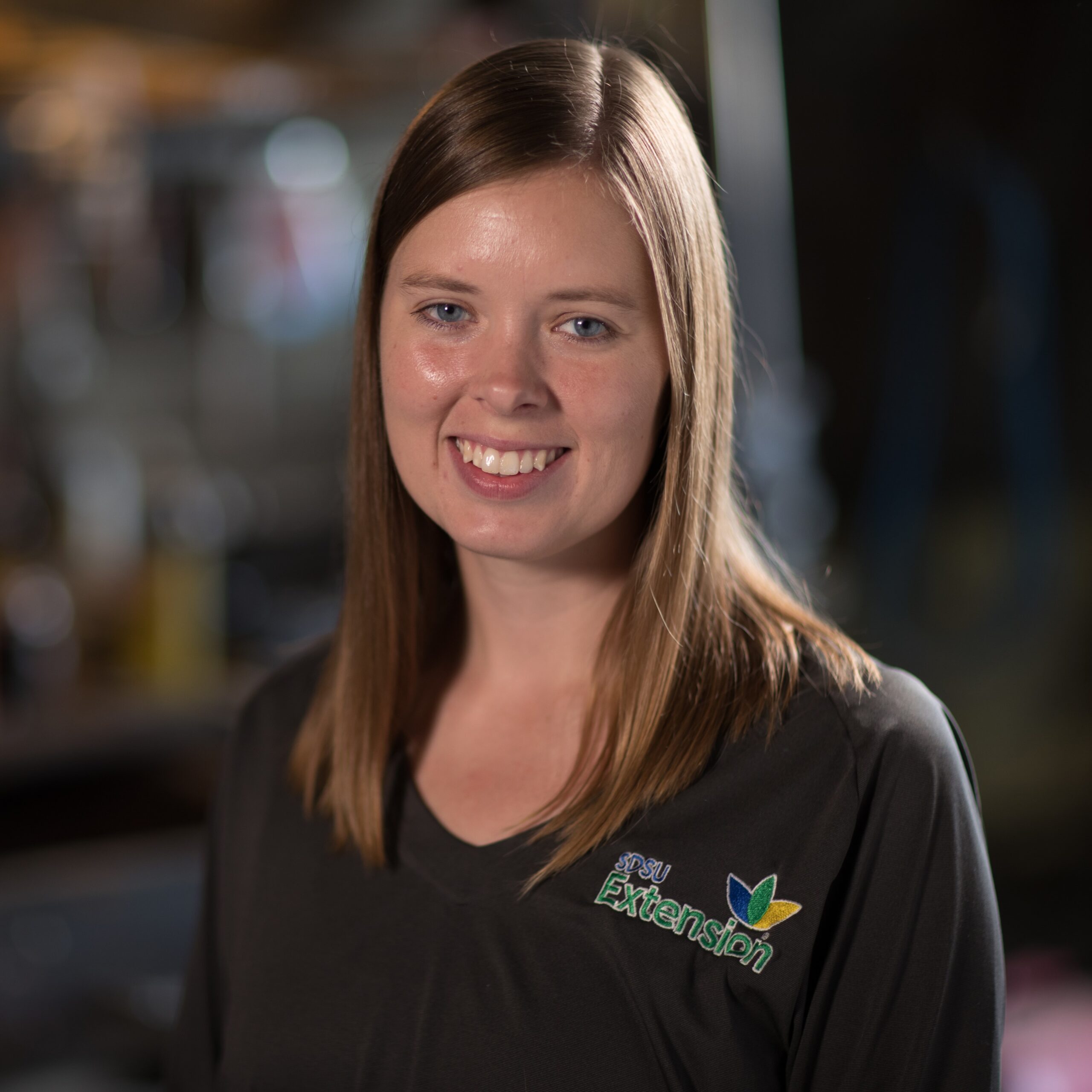
Sara Bauder
Sara Bauder is an SDSU Extension Forage Field Specialist and has been an SDSU Extension Agronomy Field Specialist from 2016 to 2022. She primarily focuses on general agronomy, cover crops, and forages. Much of her time is spent working with producers, speaking at or hosting SDSU Extension events, and writing extension articles. Previously, she worked as a Soil Fertility Research Assistant at South Dakota State University in Brookings, SD. In addition to her work at SDSU, she farms with her sister near Baltic, SD, and her husband’s family at their home near Tyndall, SD. She has a B.S. in Agriculture Education and an M.S. in Plant Science, both from SDSU.
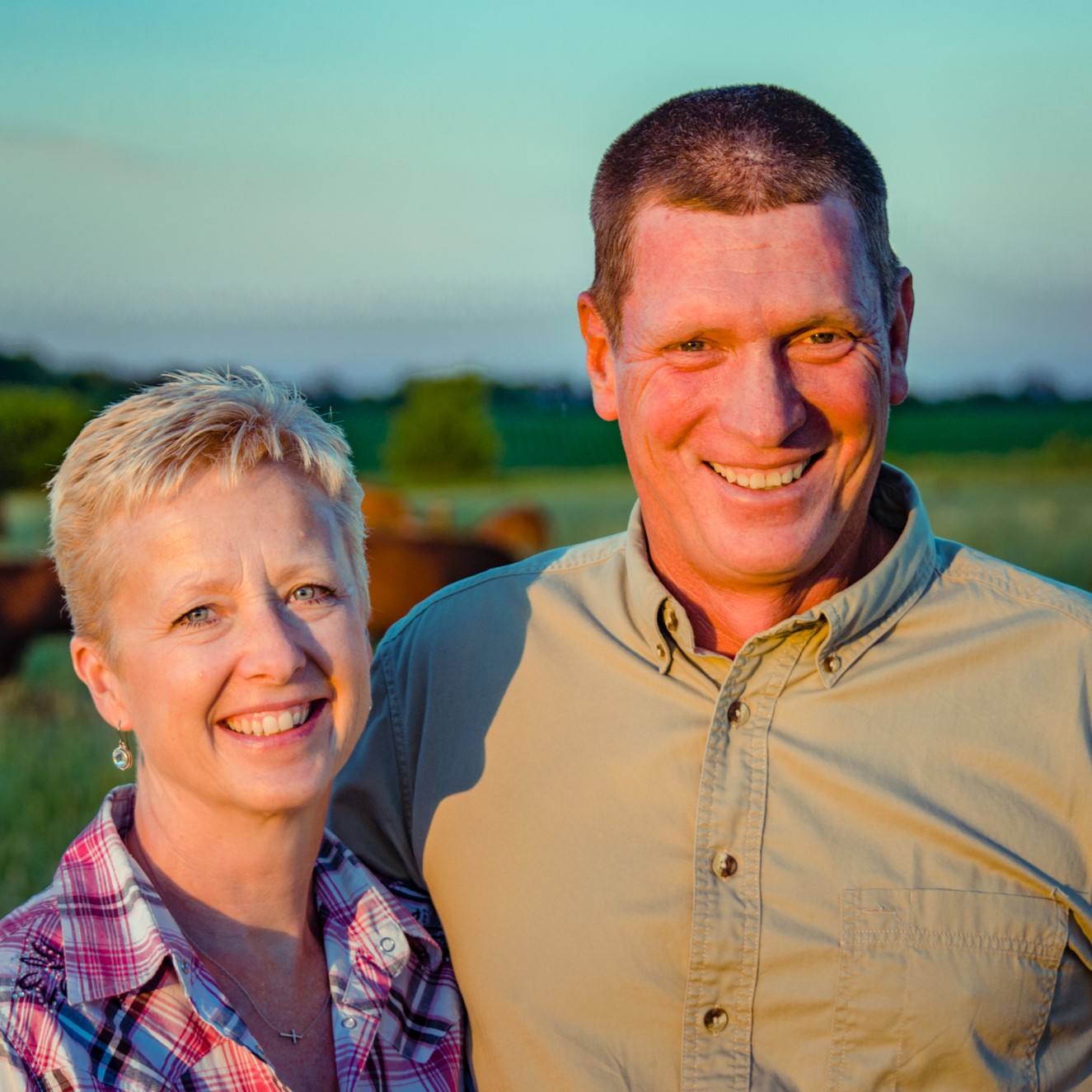
Grant & Dawn Breitkreutz
Grant & Dawn Breitkreutz manage Stoney Creek Farm near Redwood Falls, MN. Over the past 26 years, they have converted a conventional row crop and cow/calf operation into a multi-enterprise regenerative family business. Their management includes at least a three-crop rotation, with the incorporation of cover-crops whenever possible in their 100% no-till cropping system. Cattle are grazed across nearly every acre of the home farm throughout the year. They use adaptive multi-paddock grazing throughout their pasture system and they now can graze much longer, with many more head than ever before. Their operation includes pasture-raised beef, pork, chicken and eggs. They are passionate about healing and regenerating the land and about educating others to ensure that future generations have a beautiful legacy to carry into the future.
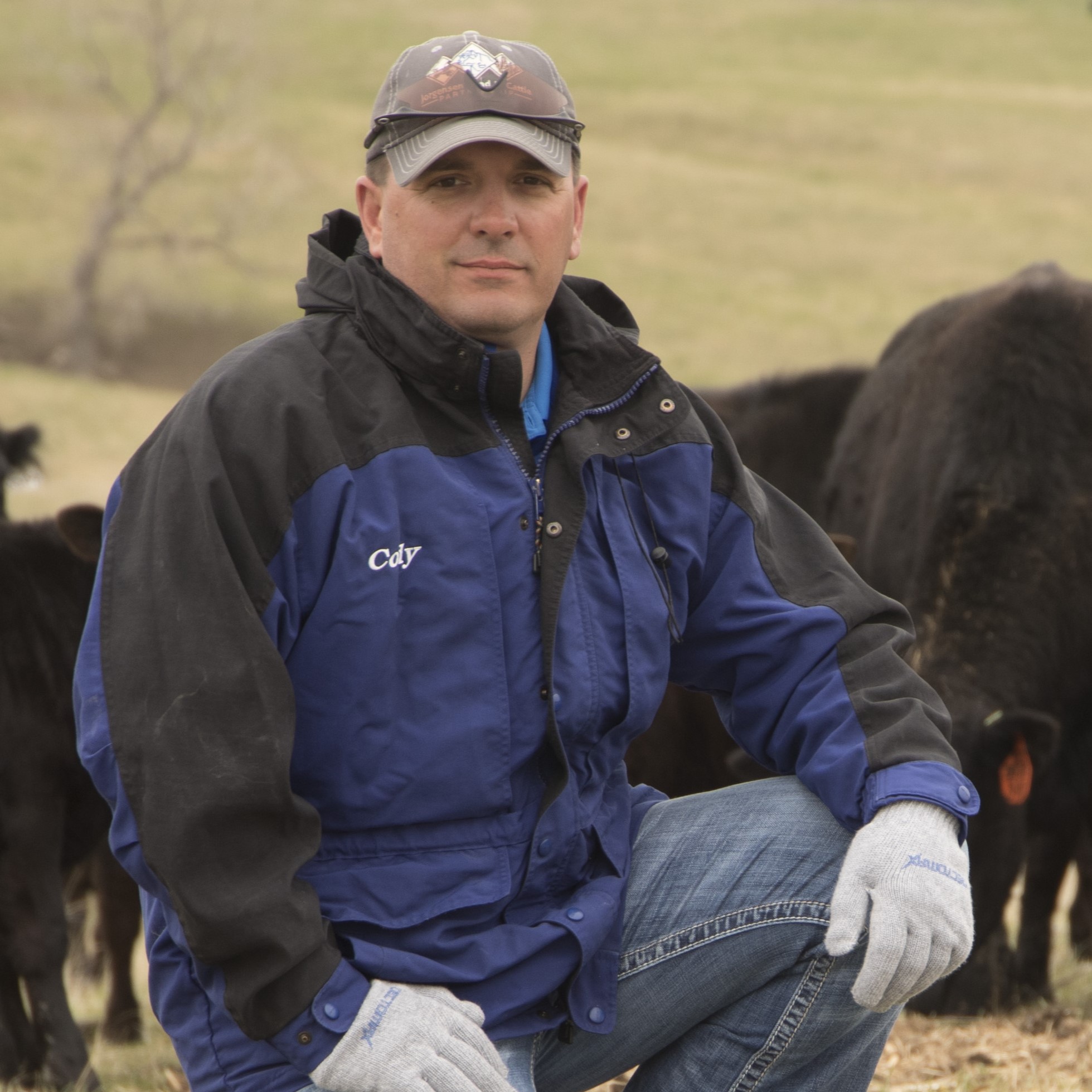
Cody Jorgensen
Jorgensen Land and Cattle Partnership
Cody Jorgensen was born to Greg and Deb Jorgensen on May 23, 1975 in Winner, SD. He is the oldest and only son of four children. He was raised near Ideal with his three younger sisters. He attended Star Valley School through the 6th grade. He then attended school in Winner graduating from Winner High School in 1993. Cody received a Bachelor of Science degree in Agriculture Economics from South Dakota State University in 1997. Cody is married to Abby Jorgensen and they have 3 children Phillip 22, Emma 20, and William 15.
Cody is a partner of Jorgensen Land & Cattle with his dad, Greg, his uncle, Bryan, and his cousin, Nick. Cody is the Chief Livestock Operating Officer, leading the cattle sales, nutritional, and operations teams.
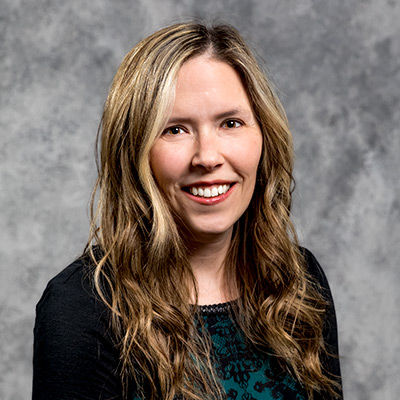
Dr. Andrea Bjornestad
Dr. Andrea Bjornestad is a South Dakota State University Extension mental health specialist and an associate professor in the School of Education, Counseling and Human Development at South Dakota State University. She is a licensed professional counselor in South Dakota with areas of expertise in school counseling and marriage and family therapy. As an associate professor, her research has focused on the health and wellness (e.g. PTSD, secondary trauma) of military servicemembers, veterans, and their families. As a former military spouse, she has organized workshops and served on numerous committees to help promote wellness in the military. She is currently the principle investigator on a cooperative agreement with the United States Army Research Institute for the Social and Behavioral Sciences that involves active listening training with Army leaders.
Similar to her passion for helping military families, she was raised in South Dakota and is interested in helping rural communities. Her father is a farm machinery dealer, so she has witnessed both the successes and hardships that occur with farm families. She currently leads the SDSU Extension Rural Behavioral Health team and is a Mental Health First Aid instructor. Her research and outreach efforts in Extension have pertained to the mental health of farmers and ranchers. She has conducted two pilot studies in South Dakota and a regional study examining the effects of stress on the mental health of agricultural producers. She travels across South Dakota educating various agricultural groups on how to identify and manage farm stress and has been an invited speaker in regional and national webinars.
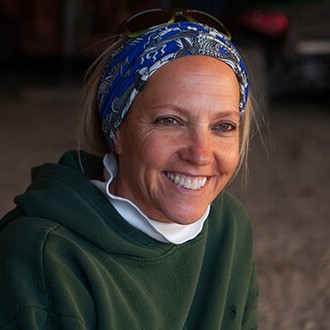
Mimi Hillenbrand
777 Bison Ranch
Mimi Hillenbrand has been running the 777 Ranch for the family for 15 years and has worked on the ranch since she was a kid. It has always been her dream to run a ranch in the West. She has always had a passion for the land and all that lives there.
Mimi completed her undergraduate studies at The University of Montana and received a BS in Wildlife Biology and received her Master’s in Agricultural Sciences from Colorado State University.
She has studied Holistic Management and has been practicing it for over 30 years. Mimi has the best outdoor office, works with amazing people, and loves the bison and land, which teach her something new every day.
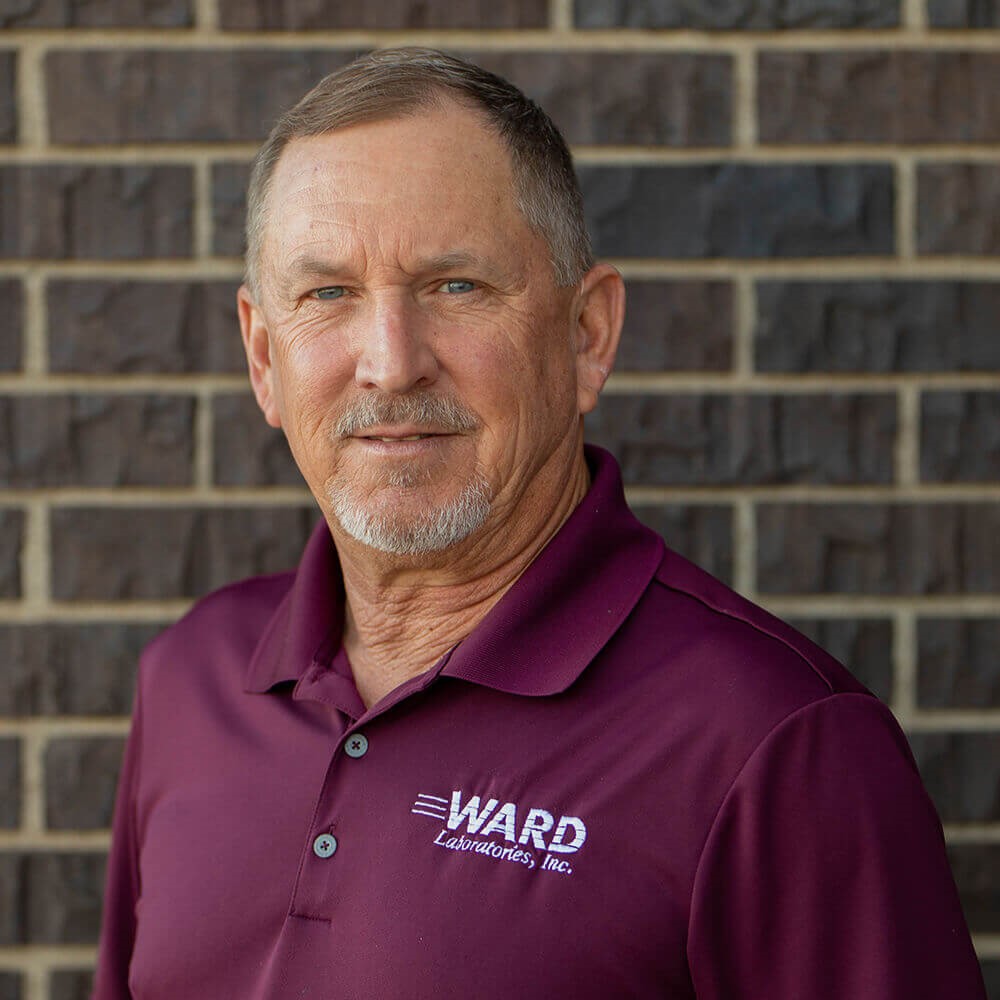
Terry Buettner
Ward Laboratories
Terry Buettner is the account development and agronomy support manager for Ward Laboratories. He joined Ward Laboratories in fall of 2017. He graduated from University of Nebraska-Kearney in 1983 with a B.S. in Business Administration. He has been involved in production agriculture and seed sales in the Kearney area for 34 years.
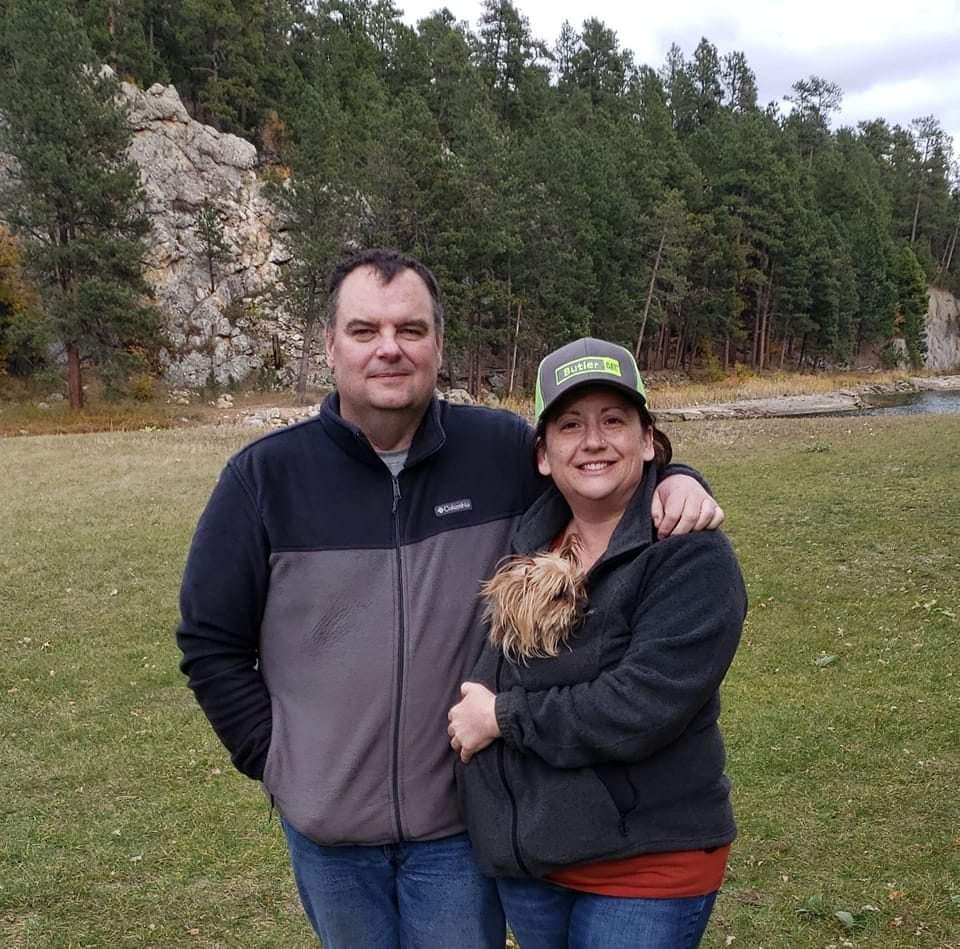
Lyle Casteel
Casteel Gardens LLC
Lyle Casteel grew up outside of Sturgis on the family farm that his brothers still operate today. He has a BS degree in information technology and an MBA in healthcare management, and he works full time at Black Hills Energy.
He and his wife Audra started a garden several years ago and experimented with worm compost/castings and had great results. Their garden got bigger each year, and they started selling at the market a couple of years ago. He also experiments with black soldier flies for composting.
They have been composting (vermicomposting) with red wiggler worms for about 4 years. They use lots of manure (horse, cow primarily) and other waste products like molded silage straw bedding from calving barns. The worms go through that material quickly, much quicker than a static pile of compost. They can generate about two tons from one 4×8 bin in about 6-8 months. This would be 95% pure worm castings when its ready.
From there, they can easily make this into an extract or a tea and apply that to their garden via sprayer or through the drip irrigation. They don’t use any chemicals on their garden whatsoever. The worms provide all the bacteria and microbes for healthy soil and make the plants pest resistant. When they do have a pest issue, they dust the plants with diatomaceous earth as needed.
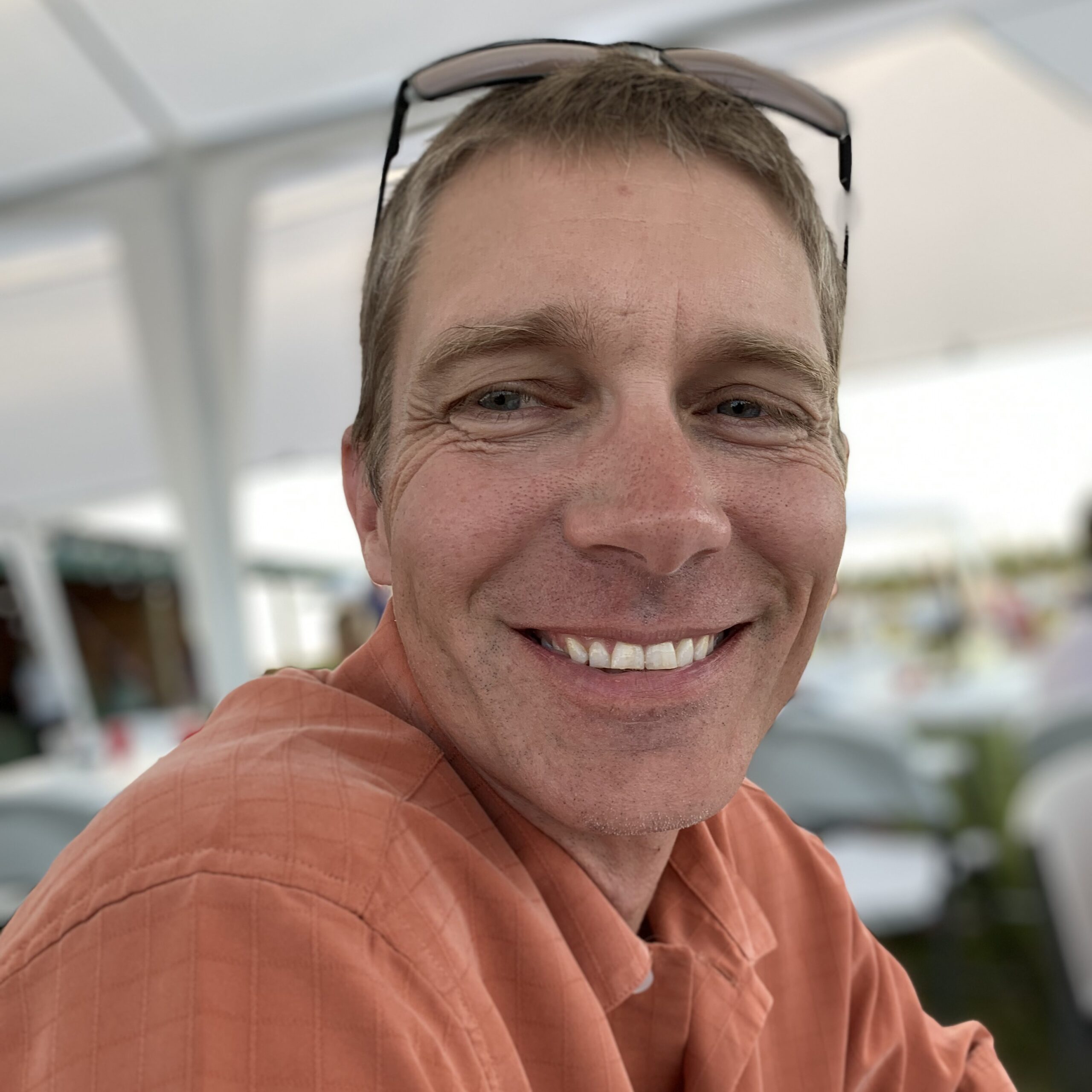
Darrel DuVall
South Dakota State Outreach Coordinator for USDA-Natural Resources Conservation Service
Darrel joined the USDA-NRCS in 1994 and has worked throughout South Dakota from the southern foothills of the Black Hills to the Glacial Lakes region of northeastern SD. He served in many roles and for 13 years served as NRCS field Tribal Liaison assisting Crow Creek Sioux and Lower Brule Sioux starting in 2008. Darrel’s current duties focus on statewide efforts to reach new customers to NRCS’s technical and financial assistance and establishing partnerships assisting in natural resource efforts. Darrel and his wife of 29 years have three children and a small farm. They focus on economically sustainable and environmentally building efforts with their grassfed meat lamb, garden and row crop enterprises.
NRCS provides financial and technical assistance to voluntarily apply conservation efforts, helping both the environment and land managers prosper. Local NRCS staff meet at your office and in the field to discuss your goals and soil health principles while considering your current vegetation and soil characteristics.
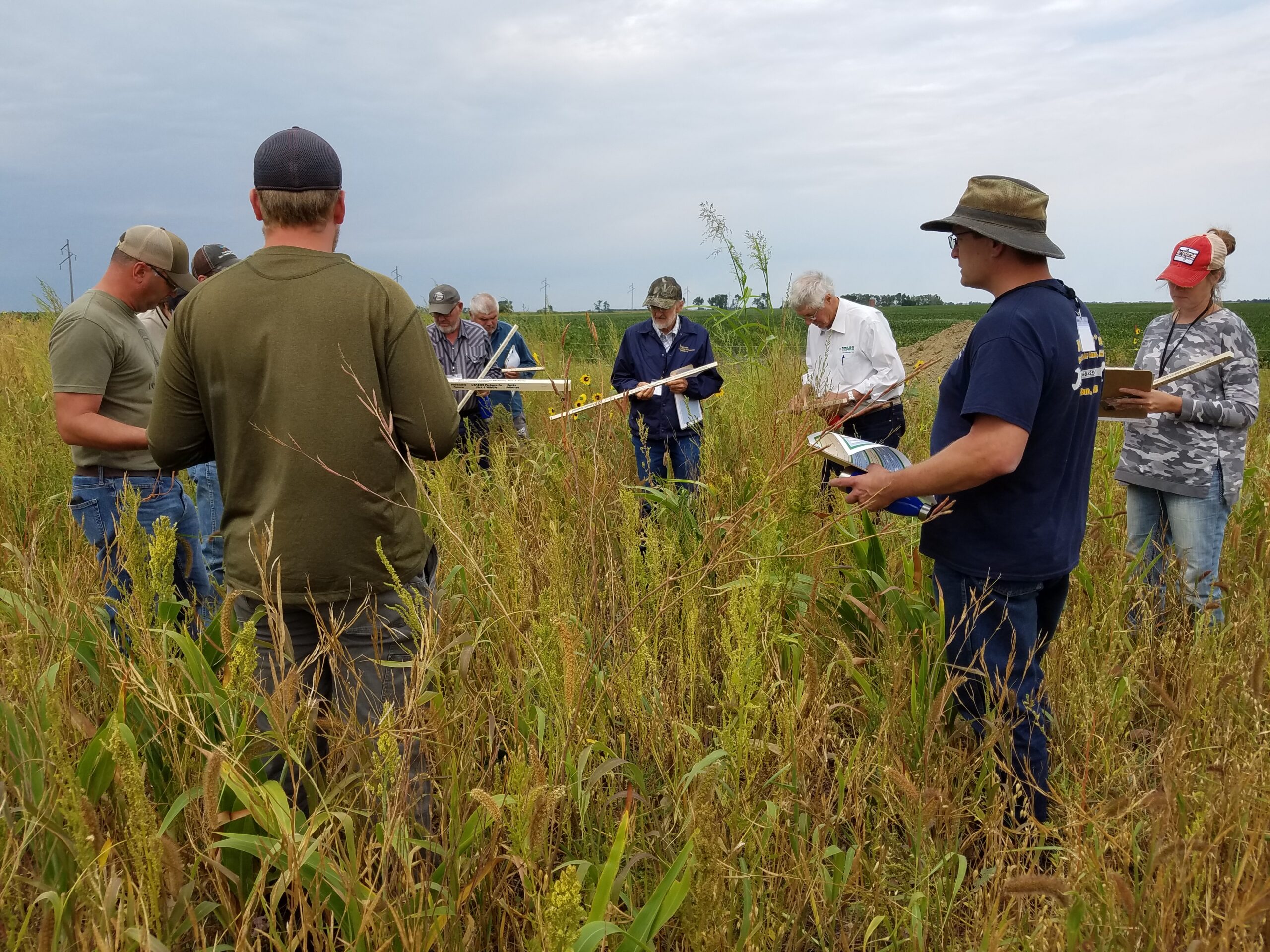
West River Soil Health School Registration Open!
In 2024, the South Dakota Soil Health Coalition will host an additional Soil Health School in west of the Missouri River! The 2024 West River Soil Health School with be held June 26-27 near Caputa, SD! This school will focus on issues specific to the land, climate, and ag production systems of wester South Dakota. Class size is limited, so early registration is strongly encouraged!
News & Events
Farmer reaps higher yields by interseeding soybeans
By Stan Wise Alex Frasier has spent a lot of time studying what it takes to grow a successful crop. After studying ag production and precision technology at Lake Area Technical College, he has worked in ag retail and currently works as an agronomist in Aberdeen, SD....
Farm and ranch innovators to share new ideas at Soil Health Conference
By Stan Wise PIERRE, SD — Before Cooper Hibbard came home to manage his family’s ranch, he studied ag business, rangeland resources and Spanish at California Polytechnic State University and then worked on ranches all over the world. That education and experience...
Wintertime is decision time
By Stan Wise PIERRE, SD – It’s often said that the best time to start improving your land was 20 years ago, but the second-best time is right now. That statement might be harder for ranchers to swallow with winter on their doorstep, nothing growing in their pastures,...
